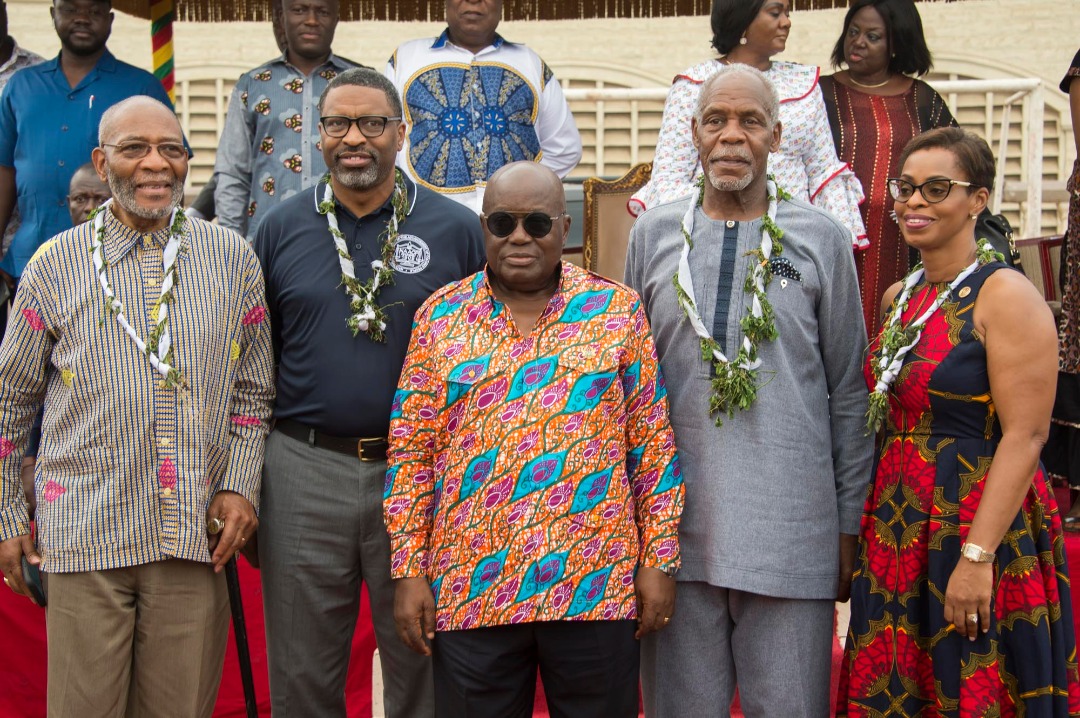The National Association for the Advancement of Colored People (NAACP) has been at the forefront of the civil rights movement for over a century. Founded, on February 12, 1909, they are the oldest civil rights organization in the United States. As we mark their 112th anniverary, it was important to share a brief history of the organization and why they are still important today.
What many people don’t know is that the Niagara Movement, which was an organization of black intellectuals, is seen as the predecessor of the NAACP. The Niagara Movement included 29 African Americans who had a secret meeting in 1905 in Fort Erie, Ontario Canada (close to Niagara Falls). Where they created a manifesto that was focused on finding ways to abolish racial discrimination. Many of the members of the Niagara Movement, were subsequently some of the founders of the NAACP.
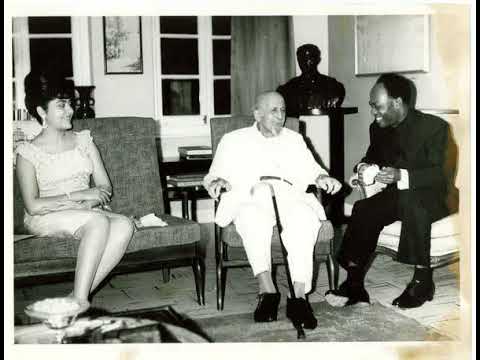
One of the most notable founding members of the NAACP, was W.E.B. DuBois, who went on to become one of the most important historical figures in the Pan Africanist movement. President Kwame Nkrumah convinced DuBois to visit Ghana in 1960 and he eventually moved and became a Ghanaian citizen. He died in Ghana and was buried there, his grave being one of the most visited sites in the country.
Other founding members of the NAACP included Ida B. Wells-Barnett, Mary Church Terrell and a group of white liberals who also wanted racial justice; Mary White Ovington, Oswald Garrison, William English Walling and Dr. Henry Moscowitz.
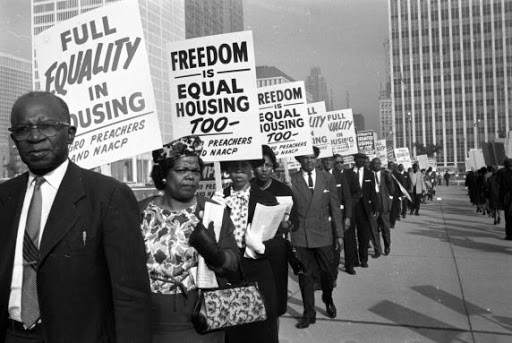
Throughout history, the NAACP has fought against the many injustices that faced Black people including, voting rights, segregation, racial violence, discrimination in employment opportunities, anti-lynching, education and many more of the constitutional rights they were being denied.
The NAACP has also been at the fore when it comes to important litigation cases. They established the NAACP Legal Defense & Education Fund in 1939 and have been successful in legal battles that have led to changes in the legal system including the 1954 school segregation ruling in Topeka.
During the 1980s, the NAACP showed their solidarity for Black South Africans when they spoke publicly against the Apartheid system, which was reminiscent of the experiences African Americans also had in the United States.
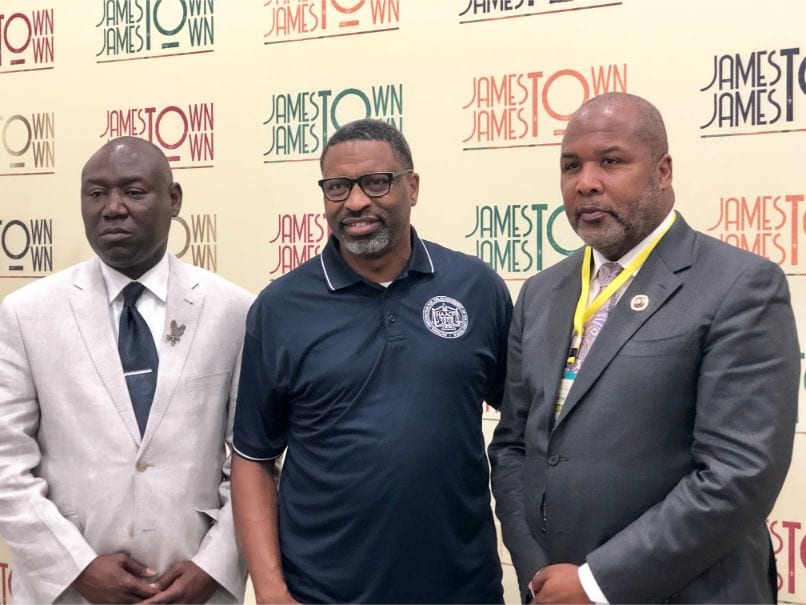
Derrick Johnson currently serves as the 19th President of the NAACP. He has led the organization with being on the frontlines of many current pressing issues of the African American community. In 2019, he also partnered with the Jamestown to Jamestown project that marked the 400 year anniversary of the documented ship of enslaved Africans that arrived in the U.S. It was a collaboration with the ‘Year of Return’ and The Adinkra Group and brought over 250 African Americans on a life-changing journey to Ghana. It was a historic trip as a Grand Durbar was held in their honour and the President of the Republic of Ghana, Nana Akufo-Addo, was in attendance and gave a special warm welcome to all the African Americans by taking a moment to shake everyone’s hand. “We want to thank you for the open arms that you have received us with. We are proud to be African, we are proud to be a part of this great celebration. We are proud to be with you today,” Derrick Johnson said when addressing the crowd at the Grand Durbar in Jamestown, Accra.
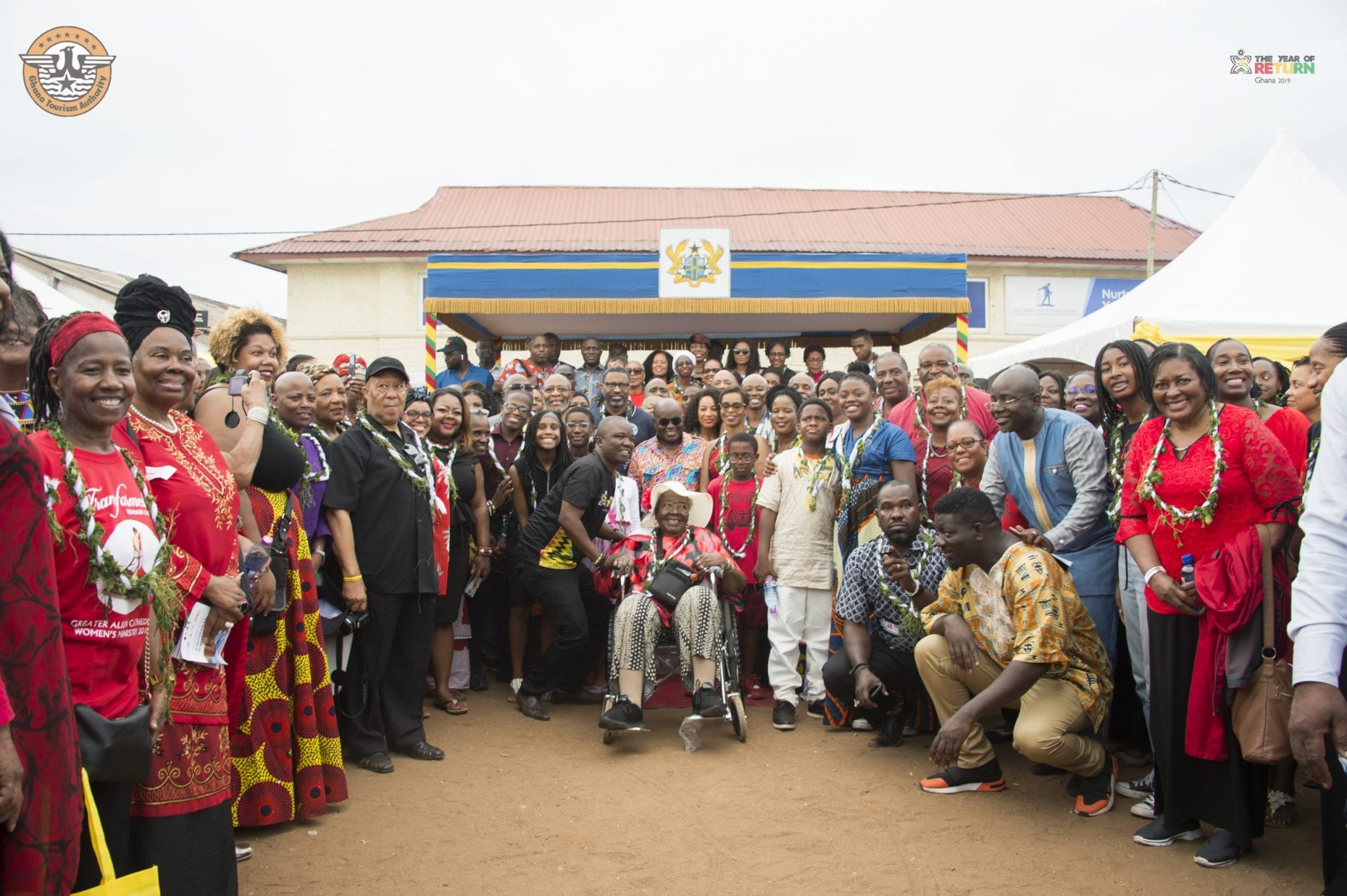
The NAACP continues to play an important role in the lives of the African American community. They are actively involved in federal advocacy, justice, education, supporting economic opportunities, health and diversity in America.


 Call Center
Call Center
